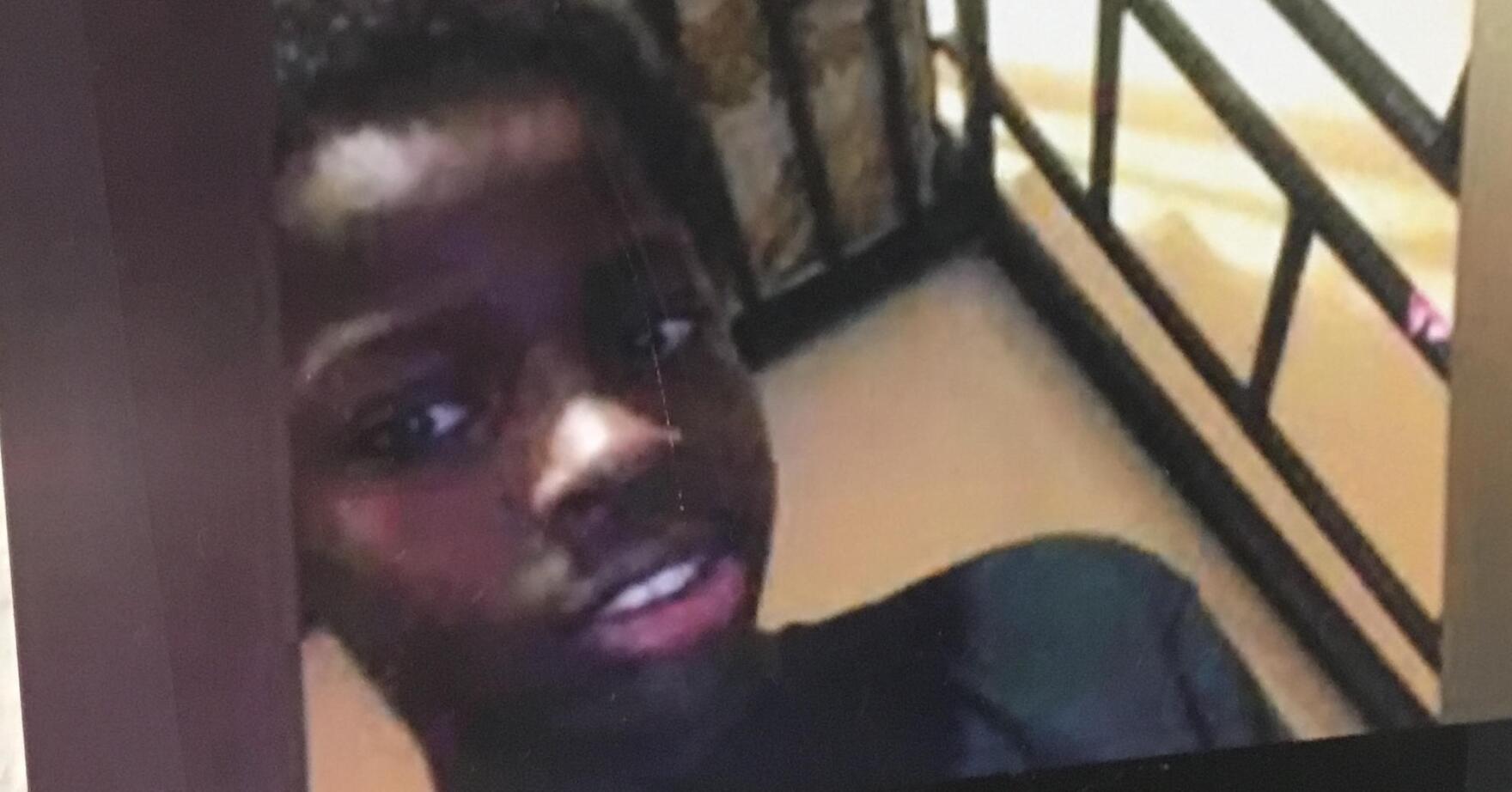Bill Wooton is a former legislator who held office for 26 years, but has been a practicing attorney for almost 45. Now he wants to add the title of Supreme Court Justice to his name.
Wooton’s resume is a long one. Raised in Beckley, he graduated from Marshall University in 1966 and got his law degree from West Virginia University in 1971.
Wooton became a clerk for a judge on the United States Circuit Court of Appeals for the fourth circuit, then an assistant attorney general, followed by nearly 3 years as a prosecutor.
Wooton resigned from his job as prosecutor to run for the West Virginia State Legislature.
“I served in the Legislature a total of 26 years,” Wooton said, “Ended up being majority leader at one time in the House of Delegates and I served as chairman of the Judiciary Committee in the Legislature for 10 years. My service began with the 1976 election, and I was last in the Legislature in 2010.”
Wooton has also spent years in private practice, where his work continues today. But it was during his time as a lawmaker that Wooton realized being a judge was his dream.
“A friend of mine told me I acted more like a judge than a legislator. I was chairman of a committee, and in that role, you pretty well try to achieve some measure of fairness; let people have their say in favor of a measure or opposed to the measure, and you know, she said that to me, and it kind of stuck with me, and I thought, well that’s really what I’ve always wanted to do,” he explained.
Wooton is one of two candidates using the public campaign financing system to fund his judicial race. The program is only available to Supreme Court candidates who meet various requirements to receive the $500,000 in taxpayer funding. While some of his competitors are adamantly against the system, Wooton defends it.
“I think most members of the public appreciate the reason why the Legislature enacted the statute,” he noted, “It’s intended to lessen the impact of enormous sums of outside money, and I think most members of the public appreciate that. I think if you have a case that goes before the Supreme Court, you’ll feel better about it if you’re aware that no judge was elected with overwhelming financial contribution from your opponent.”
Wooton fought for his belief and his participation in the program when another Supreme Court candidate, Beth Walker, sued his campaign.
“I believe that what she did in my case was a quote, frivolous lawsuit,” he said, “I think it was a tactical effort to impede my campaign.”
In the lawsuit, Walker’s campaign argued Wooton failed to meet certain filing deadlines and the State Election Commission erred in awarding him public money. Wooton argues the basis of her complaint was a minor technical violation.
“There’s a statute that has certain deadlines in it, and every deadline in that law I met,” he explained, “The administrative agency charged with enforcing the law, on their own, decided to put some additional deadlines in regulation, not in the law, and shame on me, I did not carefully study the regulations.”
Wooton says the regulations require candidates to file a formal request for the money within two business days of being certified by the State Election Commission as eligible for the program. He filed his on the third day. After the lawsuit against his campaign and another against fellow candidate Brent Benjamin over the regulations, Wooton expects the SEC will revisit the program guidelines.
And he says he’s also been attacked for another part of the judicial election process – partisanship.
This is the first time a judicial election has been non-partisan in West Virginia and the first time all judicial officers will be elected during the May 10 primary. Wooton says he has mixed feelings about the change. He’s concerned a candidate could be elected with less than 50 percent of the vote — because of the vote being split between five candidates.
“I don’t know what the Legislature’s intent was. I suspect that was an unintended consequence,” Wooton said, “I think the public is best served by a person elected by a majority of the voters.”
And in recent weeks, negative ads have appeared on television stations across the state claiming Wooton and fellow Supreme Court candidate Darrell McGraw are part of an “old boy network” in state government. A news release from the Wooton campaign says the ads were funded by more than $500,000 of outside money provided by a special interest group. And the end of each TV ad calling Wooton out, says it’s paid for by the Republican State Leadership Committee – Judicial Fairness Initiative.
Wooton https://vimeo.com/164430717″>responded to the negative ads with an ad of his own attacking the special interest group.
“The very people who wanted this election to be non-partisan, now are injecting partisanship into the election,” he noted.
With Primary Day on May 10 fast approaching, Wooton is hopeful he’ll win the seat. He says he’s the best choice for the Supreme Court, because public service has been a major part of his life.
“I think that the experiences and the abilities that I have, such as they may be, ideally qualify me to be a justice on the Supreme Court of Appeals,” Wooton said, “I think it’s the culmination of the sum total of my life’s work.”
